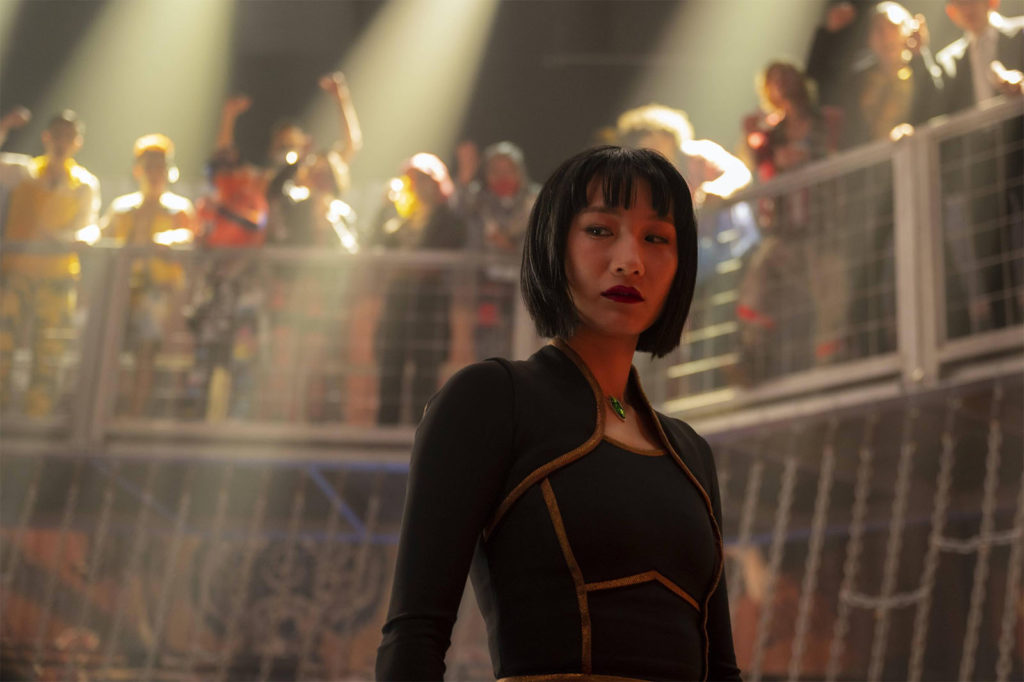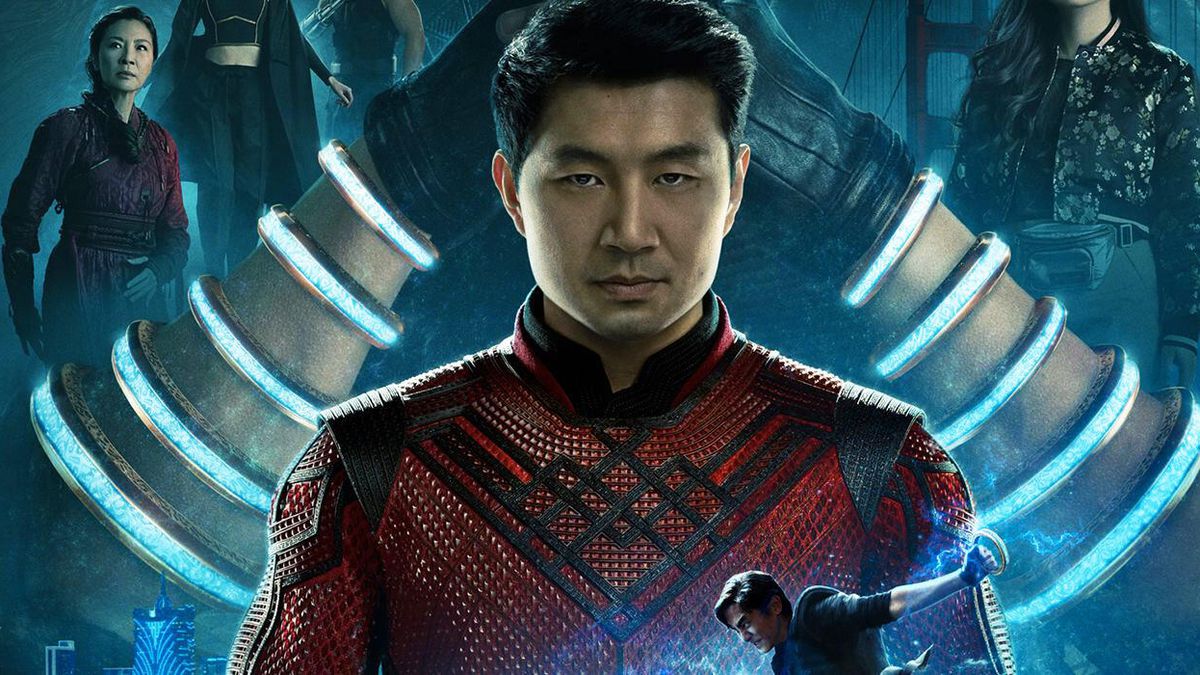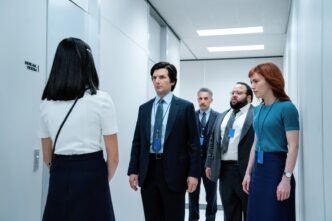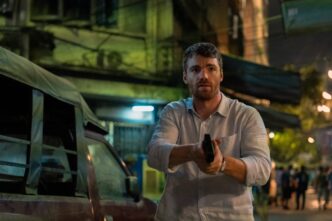As popular and successful Marvel films have become, they have also attracted their fair share of detractors. People who have grown weary about the onslaught of superhero films have coined the term ‘capeshit’, and auteurs like Martin Scorsese and Dennis Villeneuve have publicly criticized Marvel films of not being proper pieces of cinematic art and too ‘copy and paste’.
If you feel the same way about Marvel films, then Shang-Chi and the Legend of the Ten Rings probably won’t change your mind. And that’s a shame. It’s still noticeably a Marvel film, but it’s also arguably the best standalone Marvel film in years. In fact, it’s a great East Asia-influenced martial arts film that also happens to be a Marvel film.
An immortal warlord, Wenwu (Tony Leung), armed with ten, powerful rings tries to find a legendary magical land named Tai Lo. He is stopped by one of the residents, Jiang Li (Fala Chen), and as they fight, they fall for each other. Wenwu gives up his conquering ways and the two of them have two children.
Fast forward to the present, their son, Shang-Chi (Simu Liu) is living in San Francisco, and his best friend, Katy (Awkwafina) has no idea about his family or martial arts prowess. She is soon dragged into all of it, however, when Shang (who Katy knows as Shaun) gets attacked in a bus by mysterious attackers. Turns out, Wenwu is after two mysterious necklaces worn by Shang and his sister, Xialing (Meng’er Zhang). Soon, he and Katy set off for Hong Kong to find Xialing.

The first thing that sticks out in Shang-Chi and the Legend of the Ten Rings is the exquisite action. It’s wuxia choreography seen through a western lens. Often, the camera holds steady for long shots and moves around the environments. Director Destin Daniel Cretton and his team keep the fights energetic and engaging, even when things get more fantastical in the second half of the film. The way the ten rings are depicted in action is also fantastically kinetic and brutal, establishing them as one of the most effective weapons in the Marvel Cinematic Universe.
The film is also chock full of great performances. Simu Liu is game as the lead, and Awkwafina works great as the audience stand-in. She’s not just the comedic relief, but also integral to the plot. Zhang puts in an understated performance as the quiet sister who has been patiently working on carving out her own legacy. Michelle Yeoh appears late in the film and helps both siblings get more in tune with their inner strengths.
The star of the film, however, is Tony Leung. He puts in a masterful performance as Wenwu, portraying him as a complex individual lost in grief.
Some have compared Wenwu to Darth Vader, and they aren’t wrong. Leung is a veteran of Hong Kong cinema and it’s great to see him wow audiences on the global stage.
Shang-Chi and the Legend of the Ten Rings also dives deep into East Asian influences, portraying how different schools of martial arts can differ from both physical and mental perspectives, and also showing a magical kingdom inhabited by mystical creatures, including dragons. The film’s climax does snowball into an epic, dragon-riding affair, but it’s paced well enough for it to feel like a natural escalation of the stakes and not forced.
Shang-Chi and the Legend of the Ten Rings restored my faith in Marvel’s Phase 4 lineup. It feels like an evolution of what Marvel films can be, and hopefully future films can take similar risks and rise to the occasion.







